
Catch up on the latest news, breakthroughs, and announcements from biotechnology companies making advancements in cell and gene therapies.

Catch up on the latest news, breakthroughs, and announcements from biotechnology companies making advancements in cell and gene therapies.

Catch up on the latest news, breakthroughs, and announcements from biotechnology companies making advancements in cell and gene therapies.

Catch up on the latest news, breakthroughs, and announcements from biotechnology companies making advancements in cell and gene therapies.

Catch up on the latest news, breakthroughs, and announcements from biotechnology companies making advancements in cell and gene therapies.

Catch up on the latest news, breakthroughs, and announcements from biotechnology companies making advancements in cell and gene therapies.

Further research is needed to determine if cell therapy may be beneficial to certain subgroups of patients.

Catch up on the latest news, breakthroughs, and announcements from biotechnology companies making advancements in cell and gene therapies.
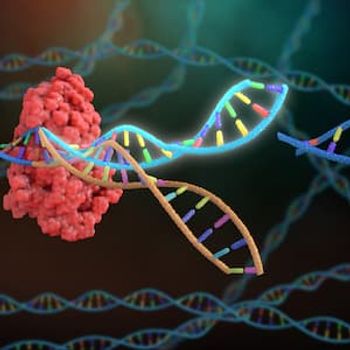
The approval of exa-cel, the first gene editing therapy, may herald a new era in developing gene editing strategies.

Catch up on the latest news, breakthroughs, and announcements from biotechnology companies making advancements in cell and gene therapies.
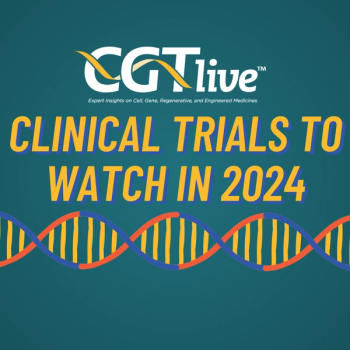
These, among many others, are some of the key clinical trials of gene, cell, and regenerative therapies that the CGTLive staff will be following throughout 2024.
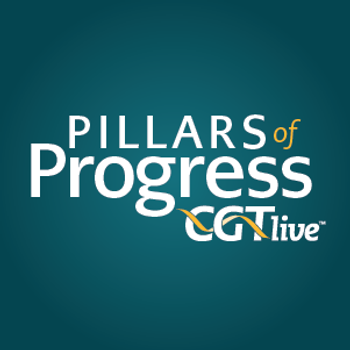
Take a look at the stories that stood out as pillars of progress and success in endocrinology gene and cell therapy development in 2023.

Catch up on the latest news, breakthroughs, and announcements from biotechnology companies making advancements in cell and gene therapies.

Take a look at the stories that stood out as pillars of progress and success in cardiology gene and cell therapy development in 2023.

Catch up on the latest news, breakthroughs, and announcements from biotechnology companies making advancements in cell and gene therapies.

Catch up on the latest news, breakthroughs, and announcements from biotechnology companies making advancements in cell and gene therapies.

Review top news and interview highlights from the week ending December 8, 2023.

Catch up on the latest news, breakthroughs, and announcements from biotechnology companies making advancements in cell and gene therapies.

Review top news and interview highlights from the week ending December 1, 2023.

Catch up on the latest news, breakthroughs, and announcements from biotechnology companies making advancements in cell and gene therapies.

The life science research professional at Stanford University discussed preclinical research she presented at the American Heart Association’s Scientific Sessions 2023.
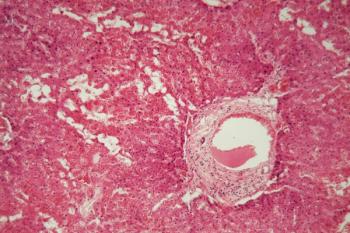
The CAR-T was already being assessed in the ongoing phase 1a/1b NEXICART-1 clinical trial in Israel ahead of this IND clearance by the FDA.
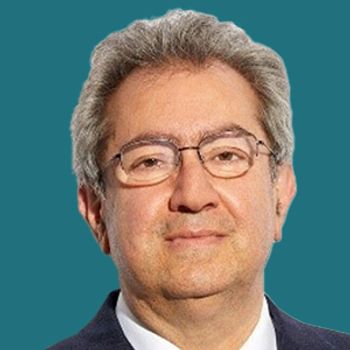
Roger Hajjar, MD, the director of the Mass General Brigham Gene and Cell Therapy Institute, spoke about his presentation on gene therapy for cardiologists at AHA’s 2023 Scientific Sessions.
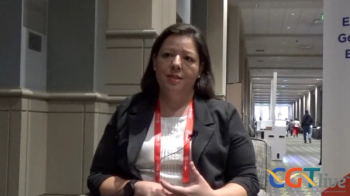
The research associate at the The Texas Heart Institute discussed preclinical research she presented at AHA’s 2023 Scientific Sessions on MSC-derived exosomes.
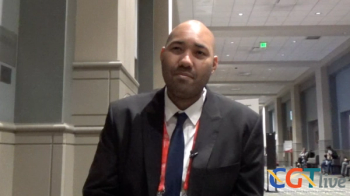
The postdoctoral research fellow at Cedars Sinai Medical Center discussed the future of RNA therapy in the context of research in systemic sclerosis he presented at AHA’s Scientific Sessions 2023.

Eli Lilly’s small interfering RNA therapy showed significant serum reductions with a single dose while remaining well-tolerated. A larger phase 2 study is currently ongoing.